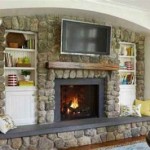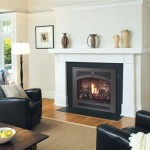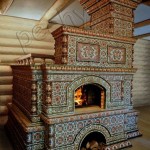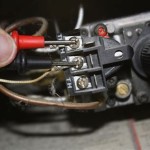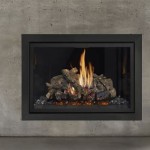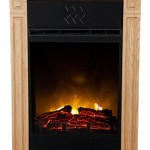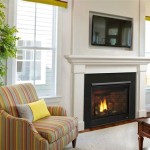My New Gas Fireplace Smells: Identifying and Addressing the Issue
A new gas fireplace is an exciting addition to any home, promising warmth and ambiance. However, sometimes that excitement can quickly turn to concern when you notice an unpleasant smell coming from your new fireplace. While a slight odor is sometimes expected, particularly during the initial few uses as the materials settle, a persistent or strong smell may indicate an underlying problem. Understanding the sources of these smells and how to address them is crucial for ensuring both safety and a pleasant fireplace experience.
Common Sources of Gas Fireplace Odors
There are several common reasons why a new gas fireplace might smell. These can range from simple initial outgassing to more serious issues requiring professional attention.
1. Initial Outgassing: New gas fireplaces often emit a smell during their first few uses as the materials, especially the paint and sealant, release volatile organic compounds (VOCs). This is normal and usually dissipates over time with continued use and ventilation.
2. Excess Moisture: If the fireplace's vent is not properly sealed or the chimney is blocked, moisture can accumulate and cause mildew or other fungal growth. This can result in a musty or damp odor.
3. Incomplete Combustion: This occurs when the gas does not burn completely, resulting in the production of carbon monoxide and other byproducts that can smell like rotten eggs, sulfur, or a metallic odor. Incomplete combustion can also indicate a problem with the gas supply, fireplace components, or ventilation.
4. Dirty Burner or Logs: Over time, dust and soot can accumulate on the burner and artificial logs, leading to a smoky or burnt smell. Regular cleaning is essential to prevent this.
5. Pilot Light Issue: If the pilot light is not properly lit or is malfunctioning, it can cause a gas smell or a smell of unburnt gas.
Identifying the Smell and Source
To determine the source of the smell, assess its characteristics:
1. Type of Odor: Is it a sharp, chemical smell, a musty odor, a smoky smell, a gas-like smell, or something else?
2. Intensity: Is the smell mild, moderate, or strong?
3. Persistence: Does the smell persist throughout the fireplace's use, or does it only appear at specific times, like during ignition or after a long period of inactivity?
4. Location: Is the smell coming from the fireplace itself, the vent, or a specific place in the room?
Once you have a clear understanding of the odor's characteristics, you can begin to pinpoint the potential source.
Addressing the Smell
The approach to addressing the smell will depend on its cause:
1. Initial Outgassing: This usually resolves on its own with continued use and proper ventilation.
2. Excess Moisture: Ensure the fireplace vent is properly sealed and the chimney is clean and free of obstructions. A professional chimney sweep can inspect and address any blockages.
3. Incomplete Combustion: This requires immediate attention. Do not use the fireplace until the issue is addressed by a qualified technician. Possible causes include a malfunctioning gas valve, blocked air intake, or faulty ventilation.
4. Dirty Burner or Logs: Regularly clean the burner and logs according to the manufacturer's instructions.
5. Pilot Light Issue: Consult your fireplace's user manual or contact a qualified service technician if you notice a gas smell or are unsure how to properly light the pilot light.
Safety Precautions
When dealing with a gas fireplace, safety should always be the top priority:
1. Ventilation: Always ensure adequate ventilation while using the fireplace.
2. Carbon Monoxide Detector: Install and maintain a working carbon monoxide detector in your home, especially near the fireplace.
3. Professional Inspections: Regularly schedule inspections and maintenance by a qualified technician to ensure the safe operation of your fireplace.
4. Gas Smell: If you detect a strong gas smell, immediately evacuate the house and call your gas company or a qualified technician. Do not attempt to use the fireplace or any electrical appliances.
Remember that a persistent or unusual smell coming from a gas fireplace should never be ignored. Addressing the issue promptly can prevent potential safety hazards and help maintain the enjoyment of your fireplace.

Here S Why Your Gas Fireplace Stinks Full Service Chimney

Here S Why Your Gas Fireplace Stinks Full Service Chimney

Vent Free Fireplace Odor

Why Is There A Smoky Smell Coming From My New Gas Fireplace Or Stove We Love Fire

Why Does My Gas Fireplace Smell Dreifuss Fireplaces

Six Reasons Why Your Fireplace Smells Bad We Love Fire

Why Do My Gas Logs Smell Foster Fuels

Here S Why Your Gas Fireplace Stinks Full Service Chimney

Why Your Gas Fireplace Stinks Chimney Experts

Six Reasons Why Your Fireplace Smells Bad We Love Fire

